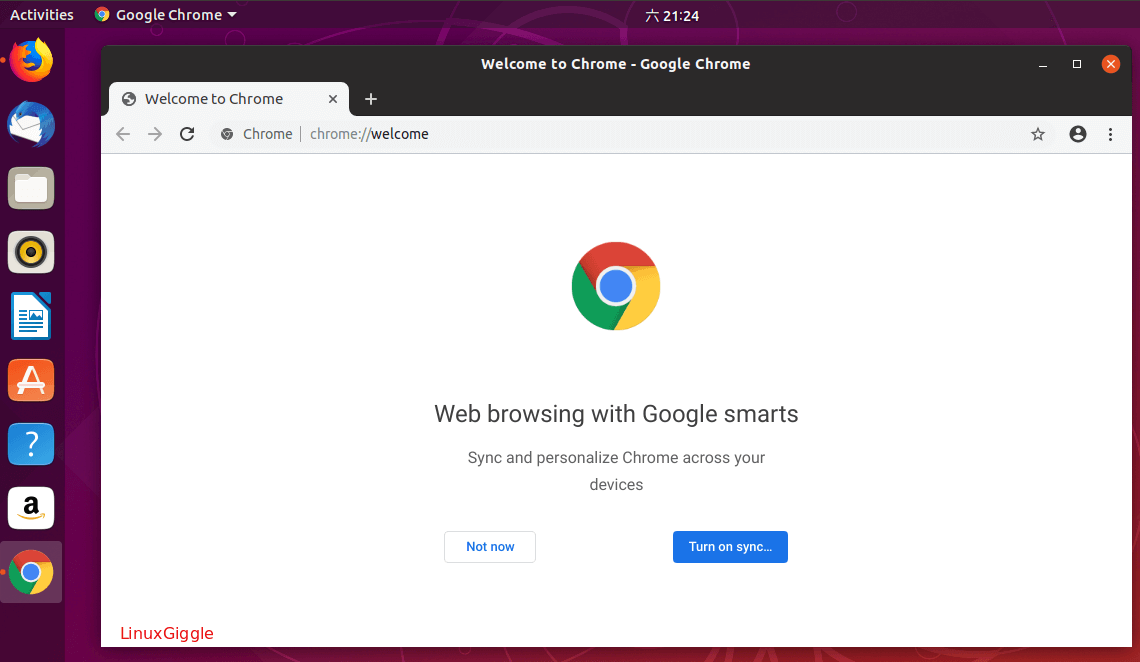
Create Virtual Host in ApacheĬreate a new virtual host directive in Apache. Configure File OwnershipĪll files have to be readable by the web server, so we need to set a proper ownership $ sudo chown www-data:www-data -R /var/www/html/nextcloud/ 9. Download and Extract Nextcloudĭownload and extract the latest version of Nextcloud on your server: $ sudo cd /opt & wget wget In order to activate the new configuration, restart the Apache web server using the following command: $ sudo service apache2 restart 7. Configure Apache Web ServerĮnable the Apache2 rewrite module if it is not already done: $ sudo a2enmod rewrite 6. To install the latest stable version of PHP version 7 and all necessary modules, run: $ sudo apt-get install php7.0 libapache2-mod-php7.0 php7.0-mbstring php7.0-curl php7.0-zip php7.0-gd php7.0-mysql php7.0-mcrypt php7.0-bcmath php7.0-xml php7.0-json php7.0-tidy 5. Install Apache2 web server $ sudo apt-get install apache2 4. MariaDB > GRANT ALL PRIVILEGES ON nextcloud.* TO IDENTIFIED BY 'your-password' ĭo not forget to replace ‘your-password’ with a strong password. mysql -uroot -p MariaDB > CREATE DATABASE nextcloud Next, we need to create a database for our Nextcloud installation.

To install MariaDB, run the following command: apt-get install -y mariadb-server Make sure to always keep your server up to date. Update the system: apt-get update & apt-get -y upgrade – MySQL(version 5.5 or higher) installed on your Linux VPS įirst of all login to your Ubuntu 16.04 VPS via SSH as user root ssh _addressĪt the very beginning, it is best to start a screen session by executing the following command screen -U -S nextcloud

They are most generally active by default on a standard php installation. – PHP (5.6 or higher) along with the mbstring, curl, zip, xml, tidy, gd and mcrypt extensions. The installation process should take about 5-10 minutes if you follow the very easy steps described below.Īt the time of writing this tutorial, Nextcloud 12.0.0 is the latest stable version available and it requires: It is fairly easy to install Nextcloud on an Ubuntu 16.04 VPS. It has a lot of extra Calendar, Sync and Contacts features, apart from their file hosting features and it is a great free alternative to some popular services such as Google Drive, Dropbox, Box, etc.

Nextcloud is open source self-hosted file sync and share application forked from ownCloud. Today we will show you how to install Nextcloud on Ubuntu 16.04, using Apache web-server and MySQL database.


 0 kommentar(er)
0 kommentar(er)
